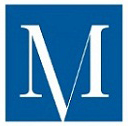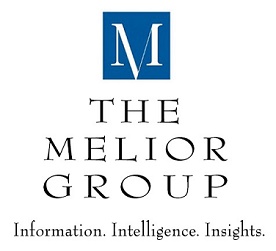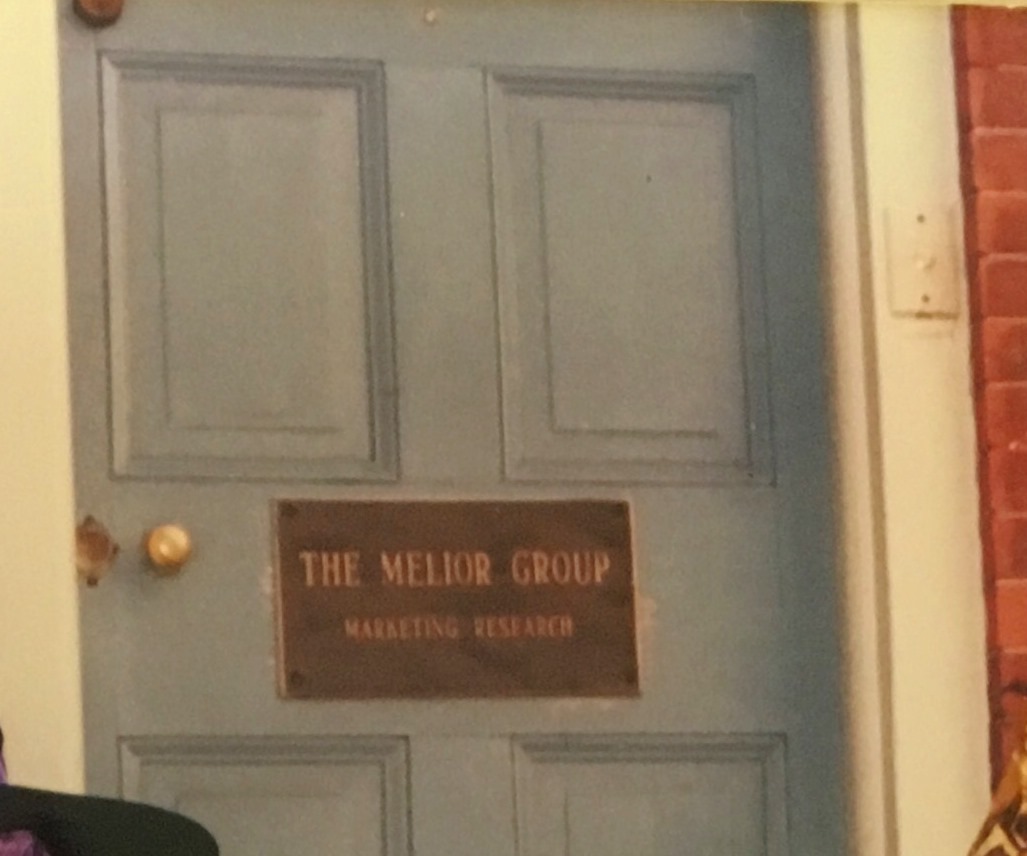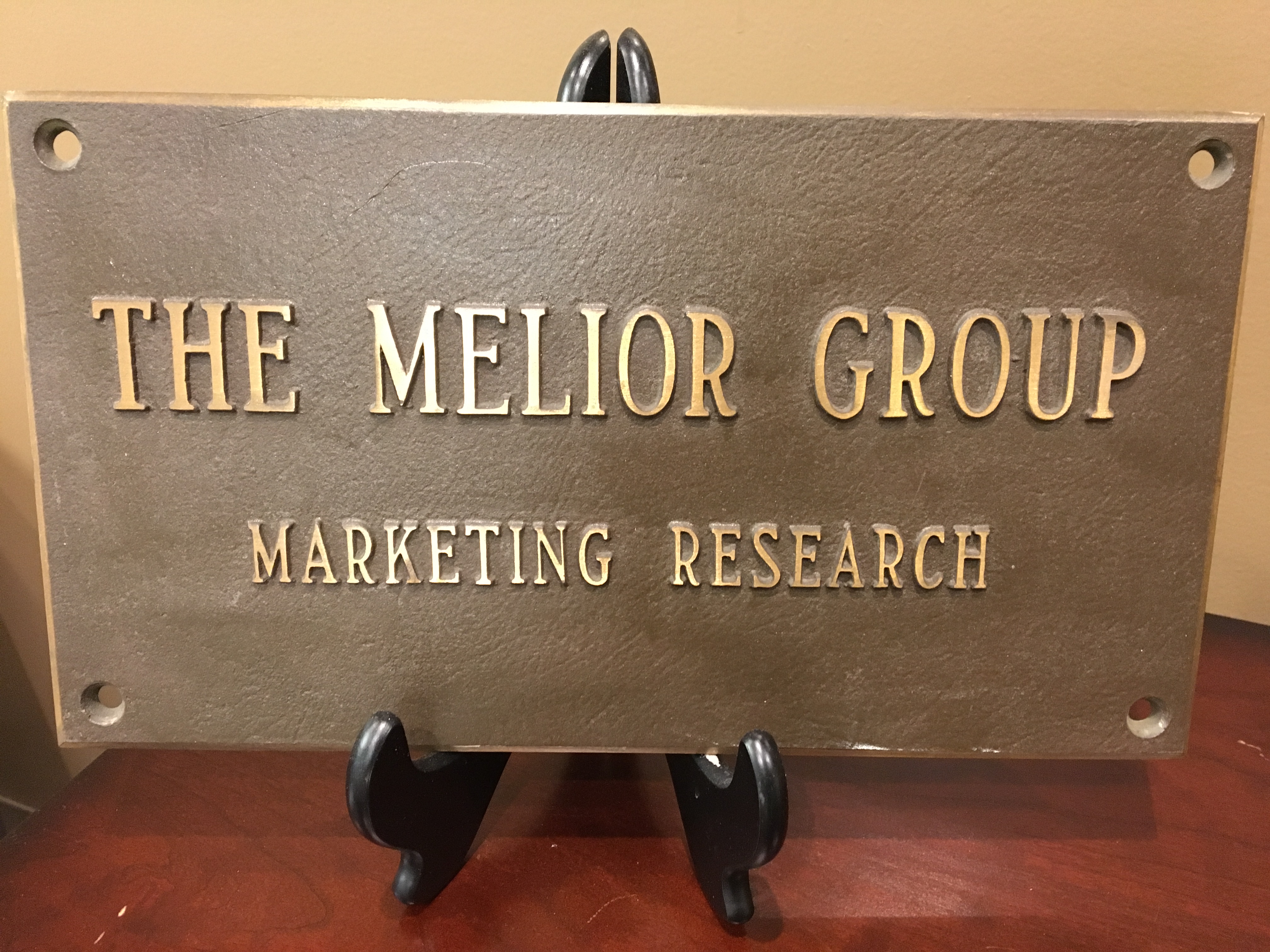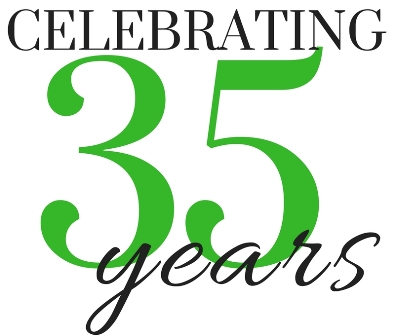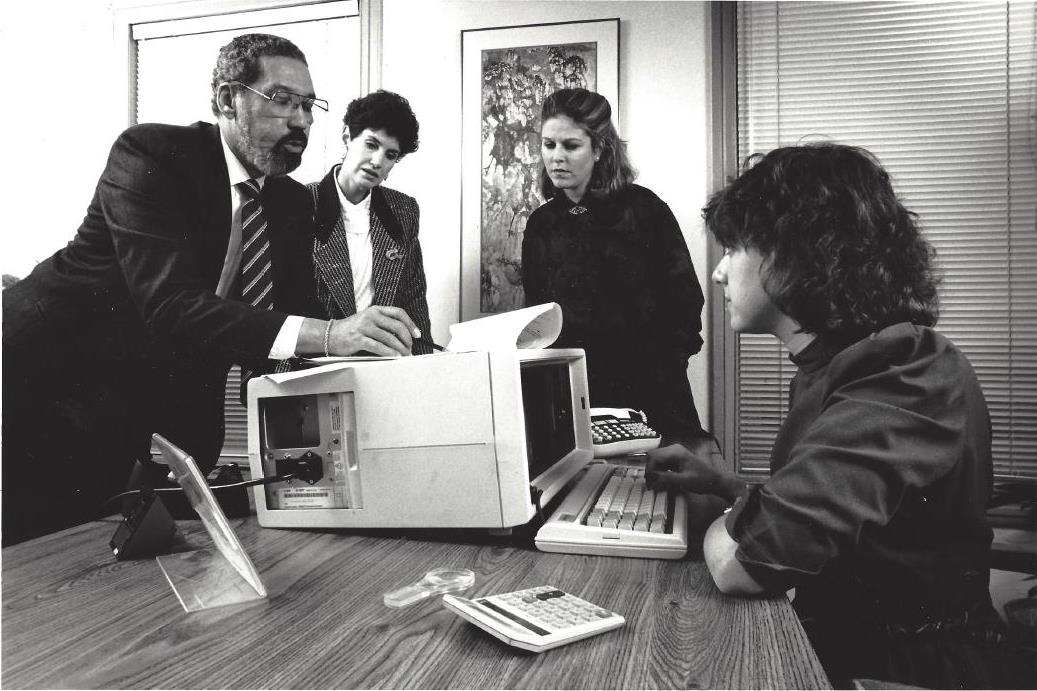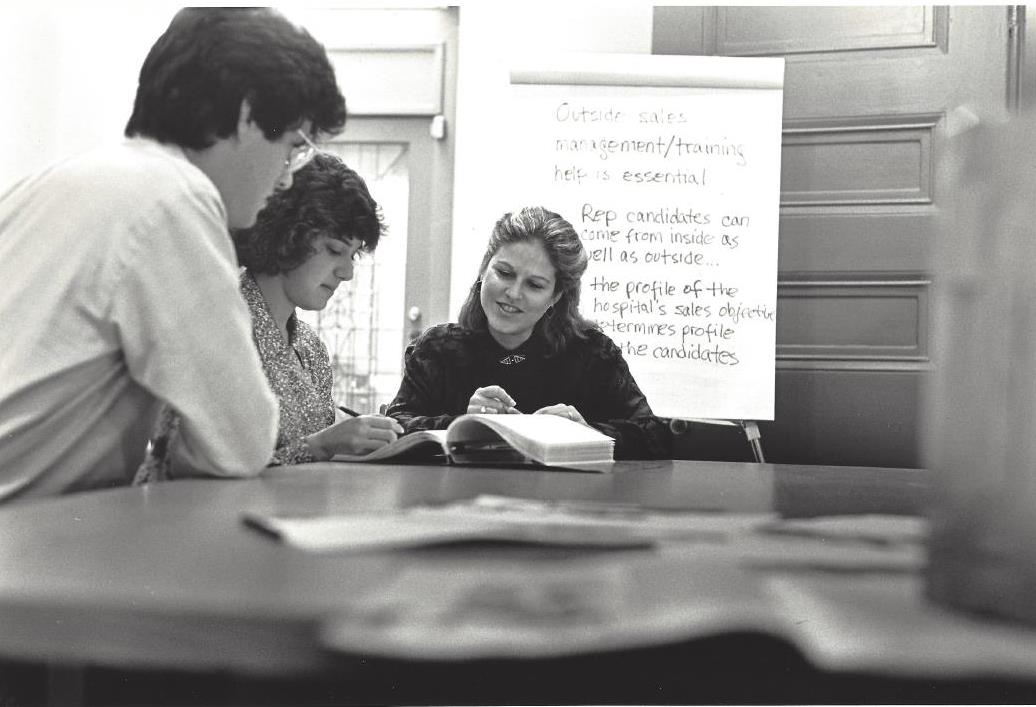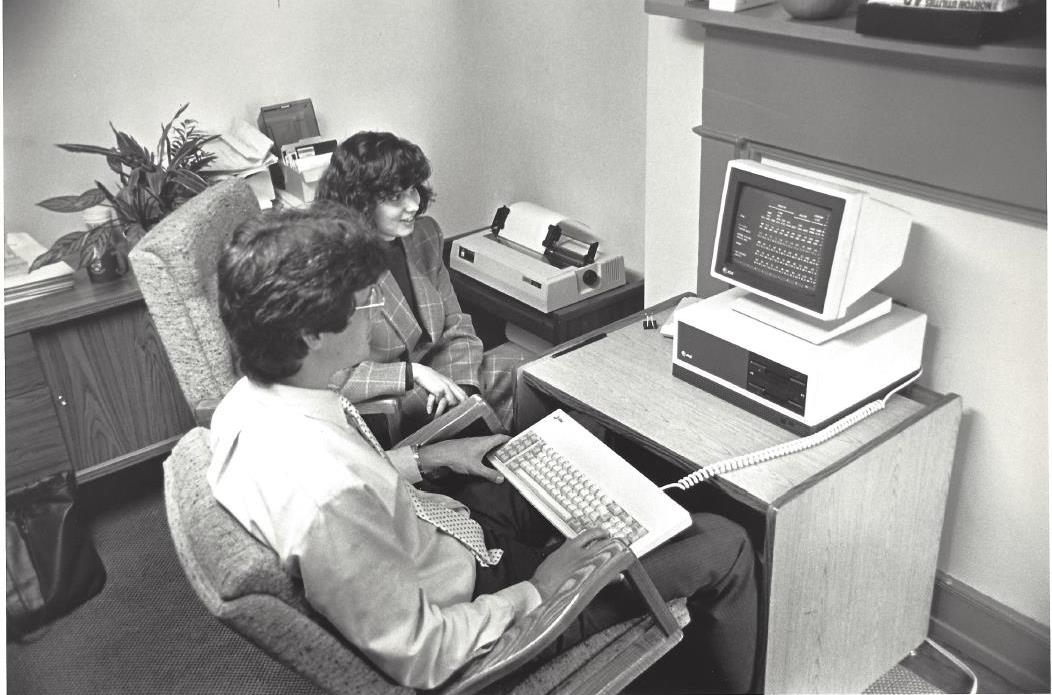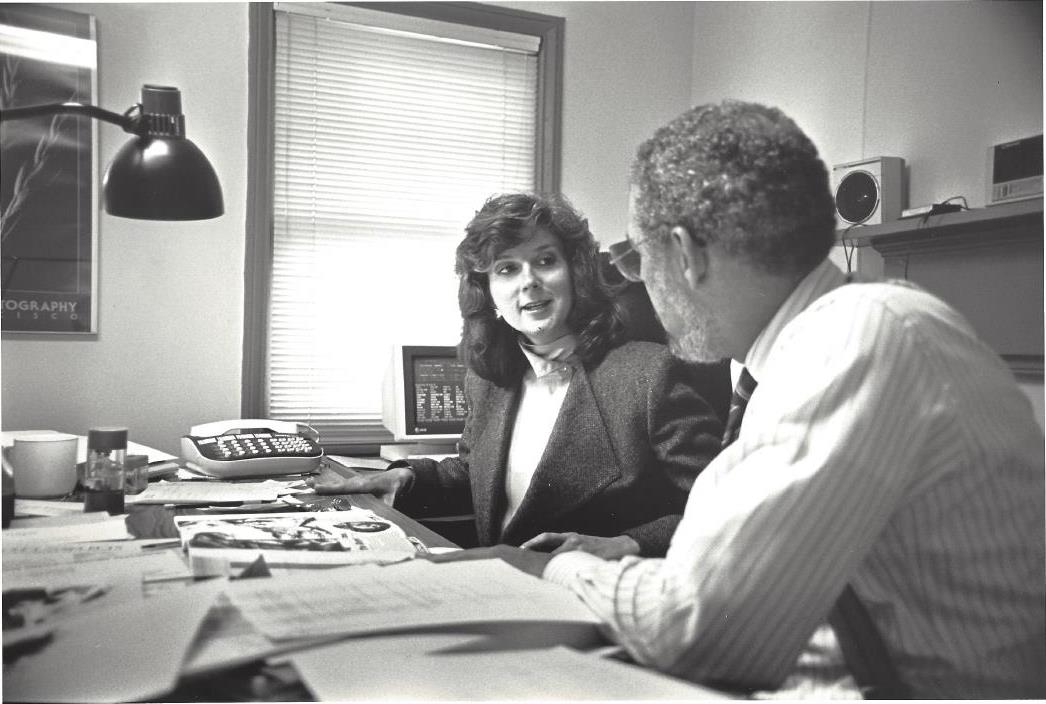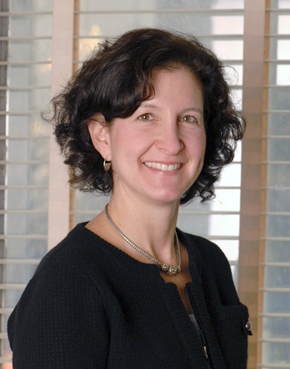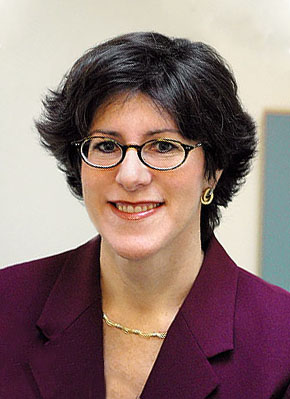Research is Essential to Fundraising in the Era of Tax Reform
The Melior Group is pleased to share this special guest blog post written by:
Michele A. Schiavoni, APR, M.S.
Schiavoni Consulting, LLC
Marketing, Communications & Fundraising Counsel
[email protected]
Nonprofits throughout the nation begin a new era in 2018, in part because of the tax law changes going into effect this month. Respected sources including Giving USA Foundation and the Lilly Family Foundation project that the overall impact to the nonprofit sector could be a staggering $13 billion loss in individual donations.
Although I do not think the changes in charitable giving are sound public policy, the nonprofit sector has to adapt to survive and thrive. The unintended consequences of the tax changes have yet to be experienced and when the full impact is felt, we may see corrective action in the future. But for now, nonprofits have to pivot. These changes do provide a unique opportunity for worthy, mission-based organizations to take inventory of how they communicate their value to their philanthropic investors. Research tells us that tax incentives are NOT the prime motivator for individual giving. Donors tell us they give to causes that align with their passion, and savvy donors are more focused than ever on measurable outcomes. To remain successful, you must ensure your donors see your organization’s work as essential in a competitive philanthropic marketplace.
Qualitative and quantitative research is essential to position your mission-based organization for success in a post-tax reform era. Why? The changes in tax law only tell part of the story. There is a cluster of compelling reasons for fundraisers to bring a new sense of rigor to their strategic planning. The reality is, prior to the tax law change, the nonprofit sector in America was already evolving; funders have become increasingly attentive to donor’s expectations around accountability.
Nonprofits should take a brand strategy tip from the for-profit sector. Research is required in order to truly understand how your donors experience your organization. The closer you align with your donors and prospects, the more opportunity you have for enhancing loyalty and sustaining philanthropic investment. Consider qualitative research to gain new understanding for how your donors experience and react to your brand.
Engaging professionals to conduct qualitative research such as interviews with your donors, either one-on-one or in focus groups, will provide extensive insights into how your mission is perceived. This input is essential to fashioning an effective case for support. The closer you align your organization with your most valued donors, the more effectively you can sustain loyalty and gain the added advantage of growing your donor base. If you are an educational institution focused on increasing alumni giving, don’t launch new social media campaigns and direct mail strategies UNTIL you have invested in listening to your alumni. You need to know: what prompts alumni to give; when are the best times for them to convene; what do they want to hear more about from their alma mater?
A second and equally important step is to ensure that your organization’s operating plan measures impact. The days of counting attendance at events to gauge success are behind us. Today’s donors want to see the social impact of their investment and this requires a new commitment to measurement and research. Donors care less and less about transactions and more and more about transformation. There is no escaping the reality that your nonprofit’s outcomes must be supported by research-based metrics. Your donors need to understand what you are improving and whose lives are changing because of what you do. Community impact studies play a critical role in telling that story. This applies accords the board from arts organizations to shelters.
Research is an essential next step in your nonprofit’s sustainability. Your efforts will uncover more effective strategies for engaging prospective donors and sustaining relationships with loyal donors. To thrive in this new era, you must invest in research.
Interested in discussing a research project for your nonprofit? The Melior Group can help. Contact Linda McAleer at [email protected] or 215-545-0054 x104.
